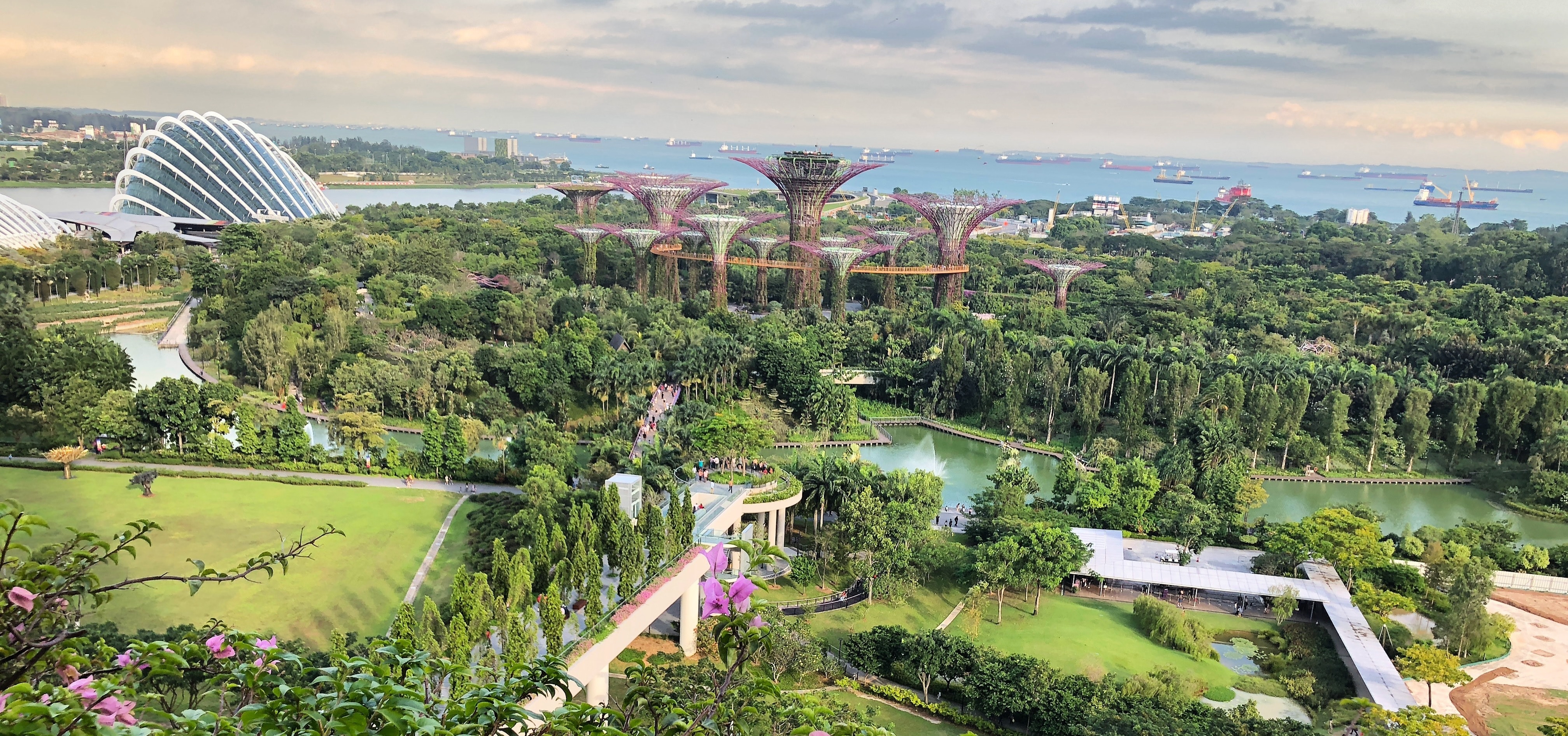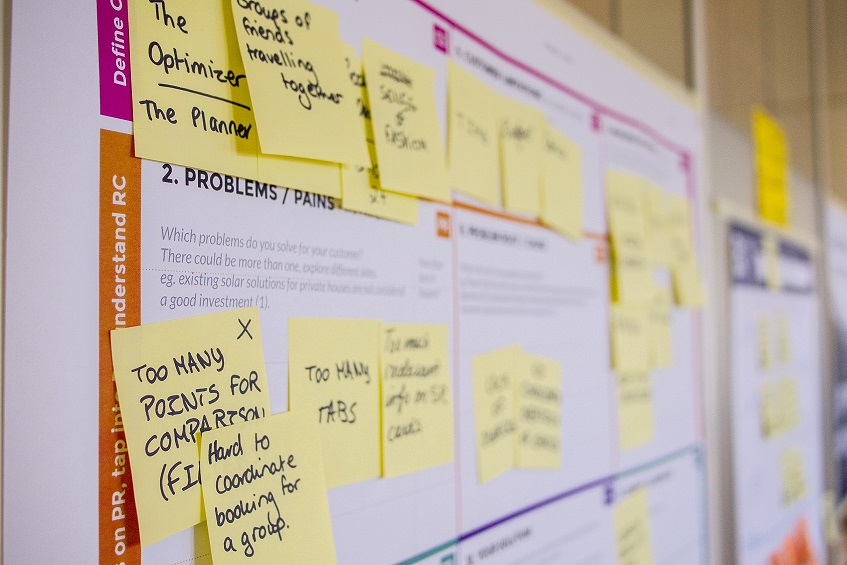
Future City Innovation Programme
Summary
The Future City Innovation Programme (FCIP) is a collaborative research and innovation programme of the Morgenstadt network starting in the first quarter of 2020. With the help of quantitative and qualitative methods, participating municipalities (or municipal institutions) will be enabled to formulate their own concrete challenges, for example in the areas of mobility, energy supply systems or smart governance, and to address these challenges in collaborative innovation workshops together with specialized Fraunhofer institutes, companies and other municipalities with similar challenges.
In the course of collaborative, three-staged innovation workshops, solutions for the challenges of the participating cities will be developed and refined step by step. The cooperation of representatives from municipalities, industry and research institutes ensures that the challenges are addressed in a multi-perspective way and that the solutions developed take into account both intra-municipal realities and economic and technical feasibility as well as the latest findings from applied research.
Within the framework of Innovation Procurements or public funding programmes (EU, BMWi, ...), the collaboratively developed solutions will get implemented and transferred into concrete urban contexts.
1. Problems of complexity: urban development in the 21st century
Urban development has never been as complex as it is today. Numerous internal and external factors must be coordinated in order to develop liveable, resilient, sustainable and integrative cities:
Global trends such as climate change, migration or demographic change increasingly require a local response.
The great digital transformation is changing organizations, economy and private life. Cities must actively shape them, but often lag behind development or are unable to assess them accurately.
Technological innovation should actually help us to create smarter urban systems - but the pace of innovation is often incompatible with the traditional cycles of urban development and public procurement.
In order to include all this in the planning and development of concrete solutions for the specific challenges of our urban systems, enormous amounts of knowledge and know-how are required, but these are not concentrated, but almost always scattered: city administrations, companies, research institutes each have different pieces of knowledge and know-how which are highly specialized and valuable, difficult to connect. In order to develop truly useful and demand-driven innovations, it is necessary to overcome the division of knowledge between these actors and bring them together to solve a concrete problem. This is the general goal of the Morgenstadt network, and the specific goal of the Future City Innovation Programme.

2. Goals of the Future City Innovation Programme
The Future City Innovation Program is a collaborative research and innovation program of the Morgenstadt network:
It is intended to identify specific challenges of participating municipalities,
bring together expertise from municipal administrations, companies and Fraunhofer-institutes,
conduct collaborative Design-Thinking-process in order to re-think or (re-)develop solutions for the identified challenges,
to overcome hurdles for processes of investment, implementation and innovation for Smart Cities.
The collaboratively developed solutions are to be implemented within the framework of Innovation Procurements or public funding programmes (EU, BMWi, ...) and transferred into concrete urban contexts.
3. Methods and Procedure of the Future City Innovation Programme
In order to successfully develop innovations in the course of purposeful processes of innovation and implementation, it is necessary to understand the nature and facets of the underlying problem as precisely as possible. The Future City Innovation Programme therefore consists of three different phases that build upon each other: The phases of analysis, innovation and implementation.
a. Phase of Analysis
Participating cities are analysed with the help of Morgenstadt tools for their respective strengths and weaknesses in the different areas of modern complex urban systems. This allows an initial quantitative assessment of the problem areas of a municipality. Within the framework of several-day topic-specific challenge workshops (e.g. on sustainable mobility, renewable energies, ...), participating municipalities work together with representatives from business and applied research to develop concrete and addressable challenges that the municipalities face in the respective thematic area. The focus here is on the question of exactly what the problem is and what aspects underlie it.
b. Phase of Innovation
An innovation team will be formed around each challenge developed in the analysis phase, consisting of a) specialist representatives from the municipalities who are confronted with the challenge, b) representatives of Fraunhofer Institutes and c) representatives of companies with expertise and know-how in the relevant field. An innovation team jointly conducts a three-stage innovation workshop to develop solutions for the underlying challenge in a co-creative design thinking process. The best solution approaches are further developed from workshop to workshop and systematically tapped for strengths and weaknesses in joint discussions in order to refine them further and develop them into viable concepts.
c. Phase of Implementation
The solution concepts are not supposed to disappear into any drawers, but to be transferred into concrete urban contexts, because it is only through implementation that a solution becomes an innovation. Depending on the approach and topic, this can take place in different frameworks: in innovation procurements (innovation partnerships) between municipalities and companies, financed by public funding programmes from the EU, BMWi, etc., or alternative financing models.

